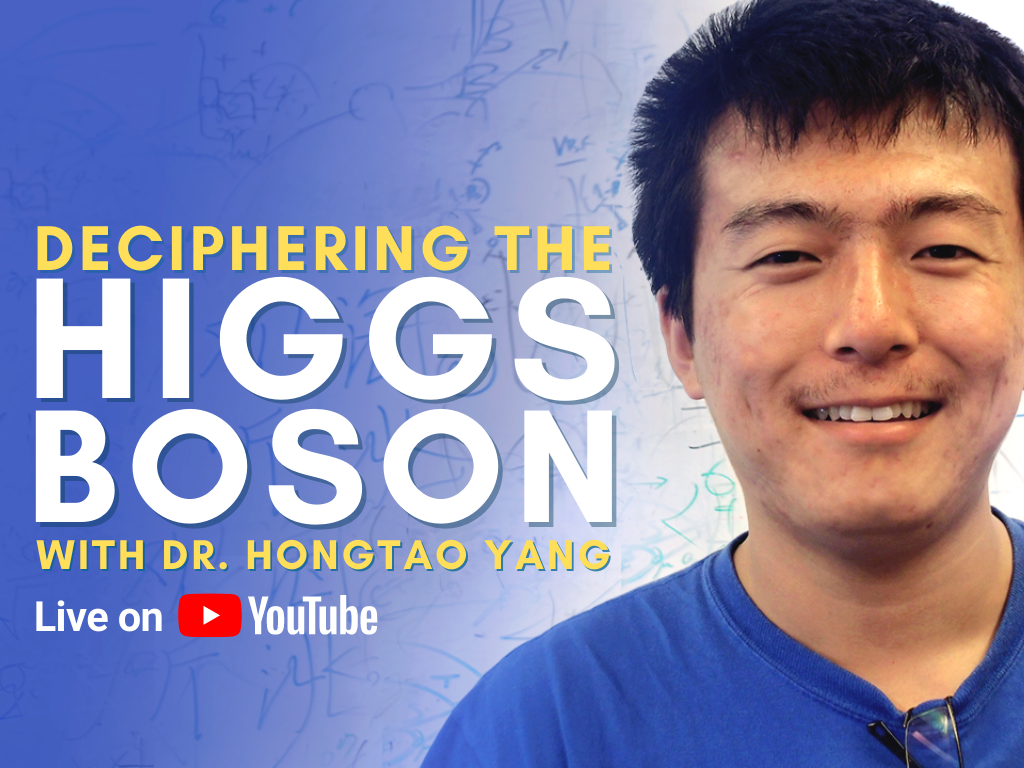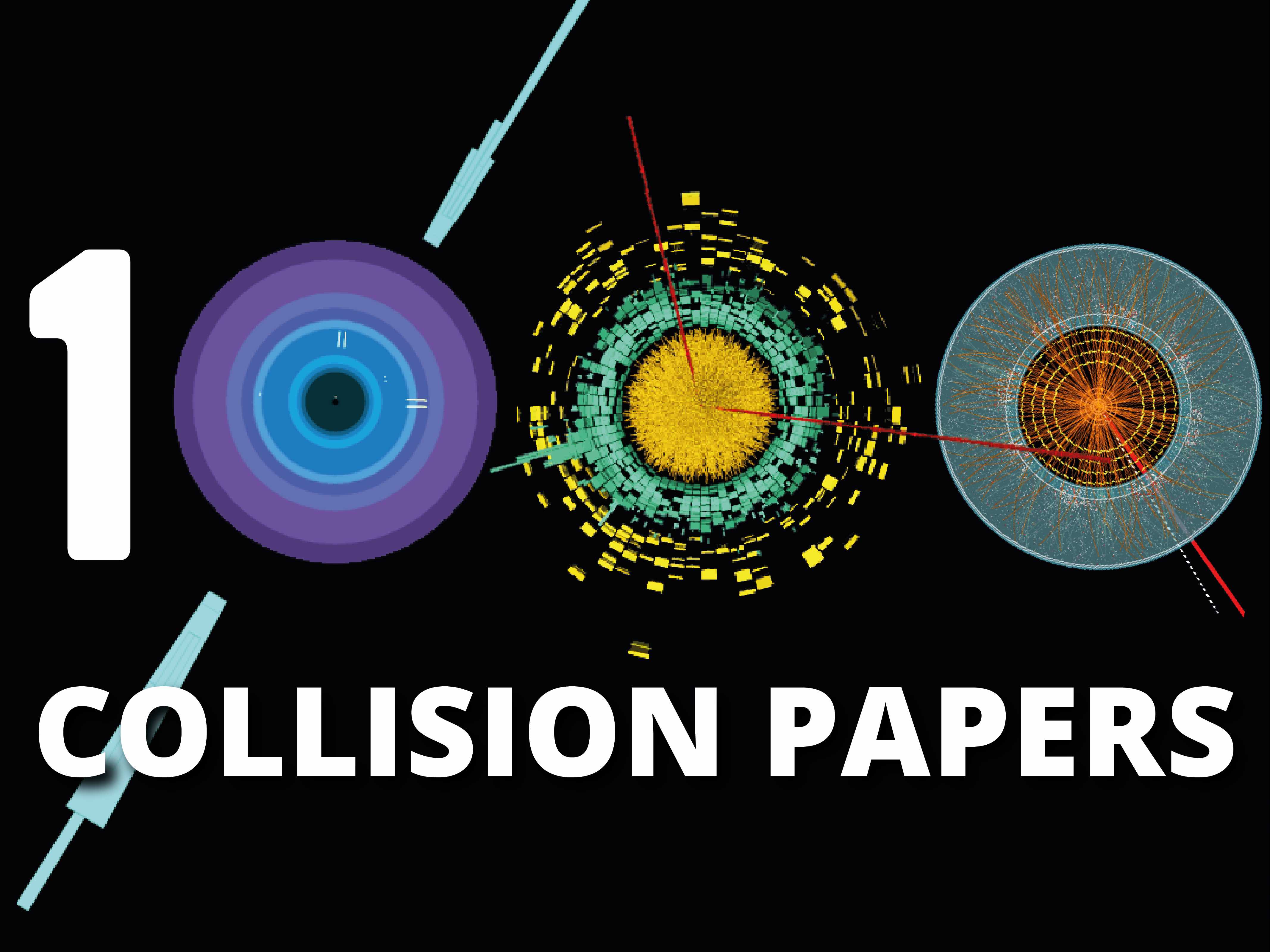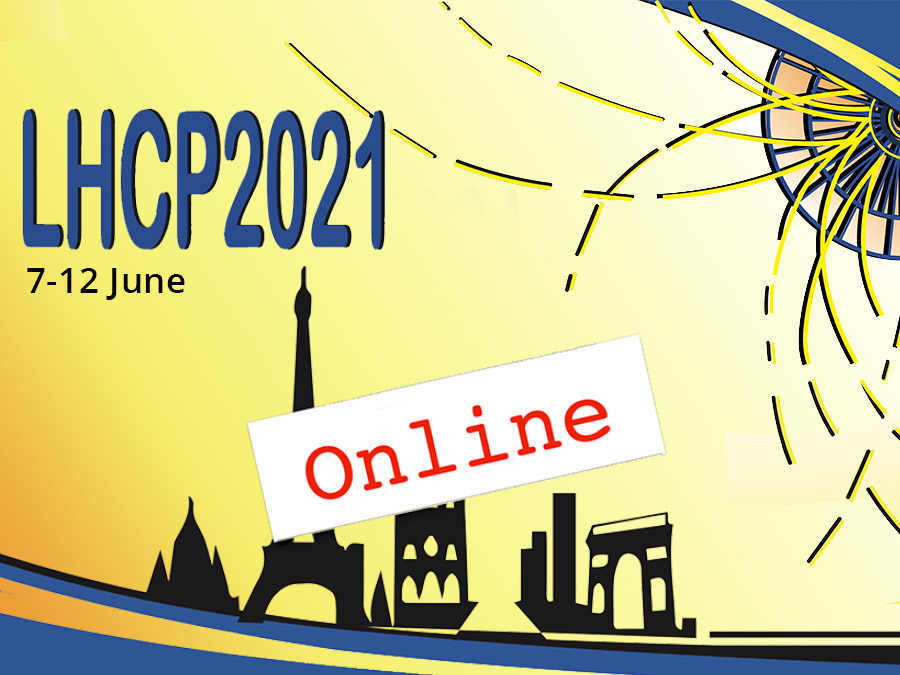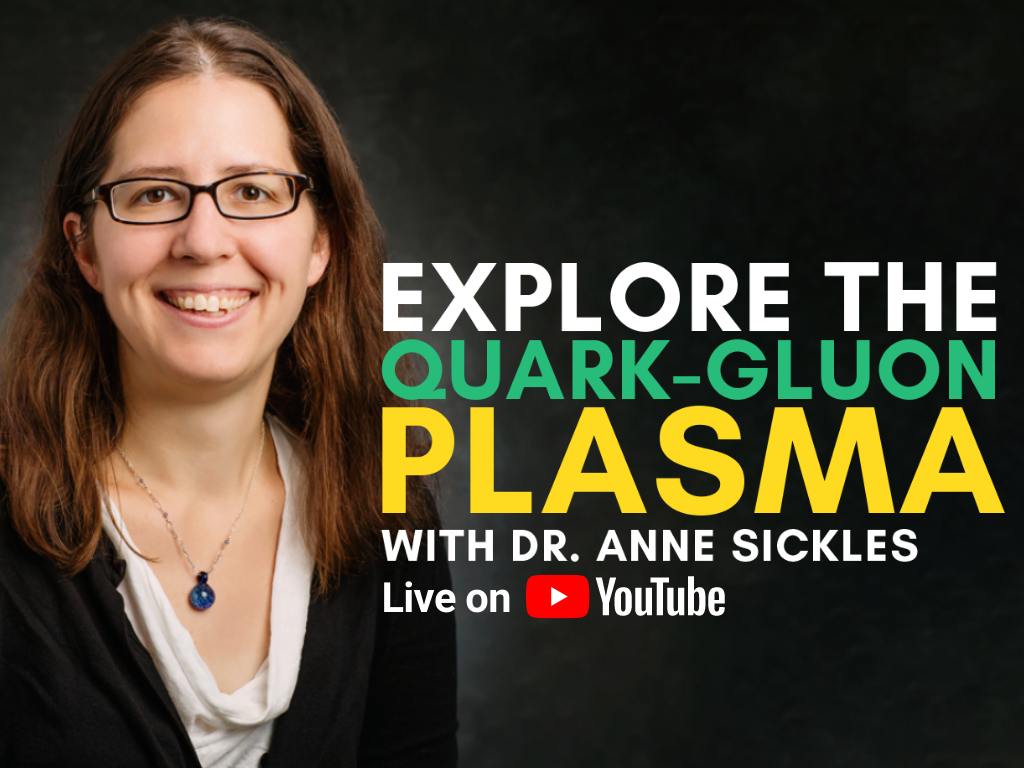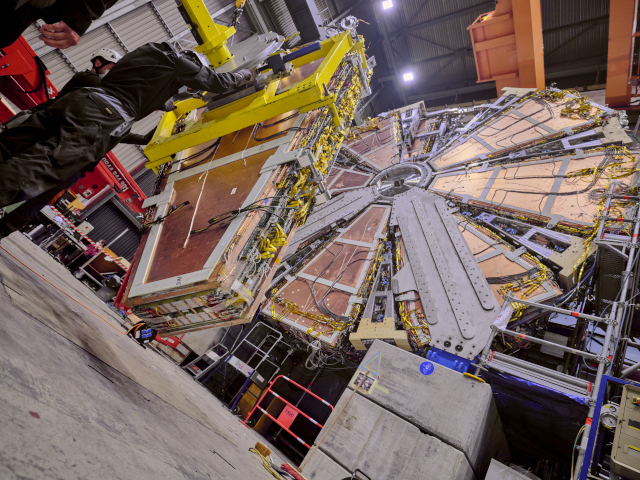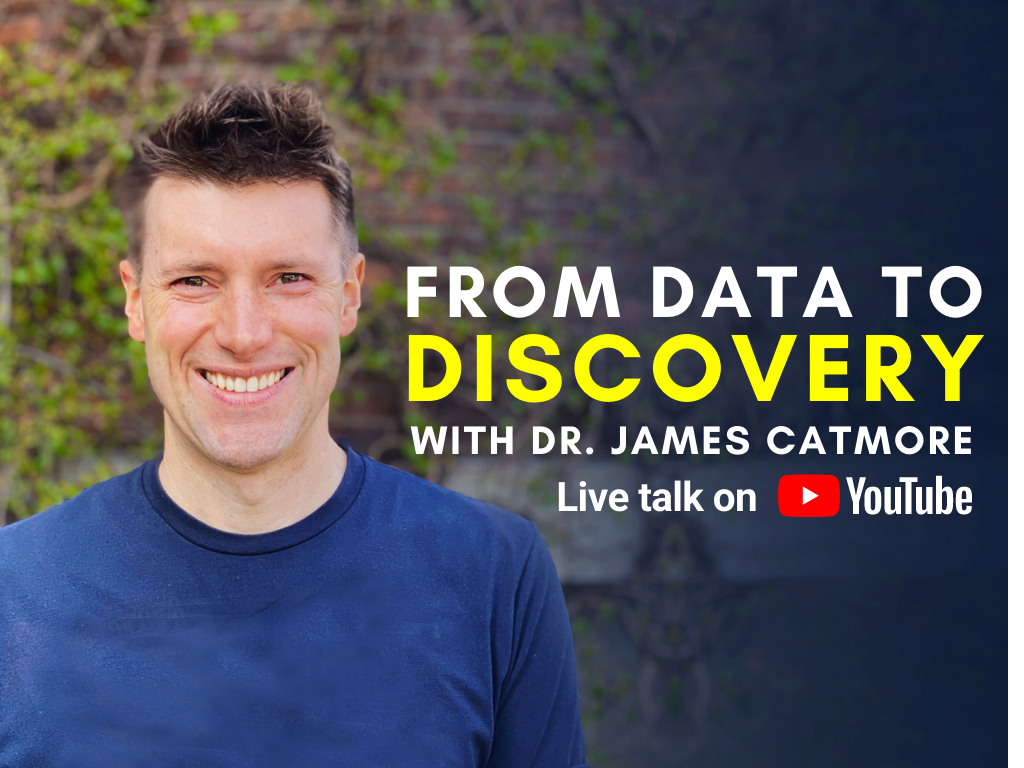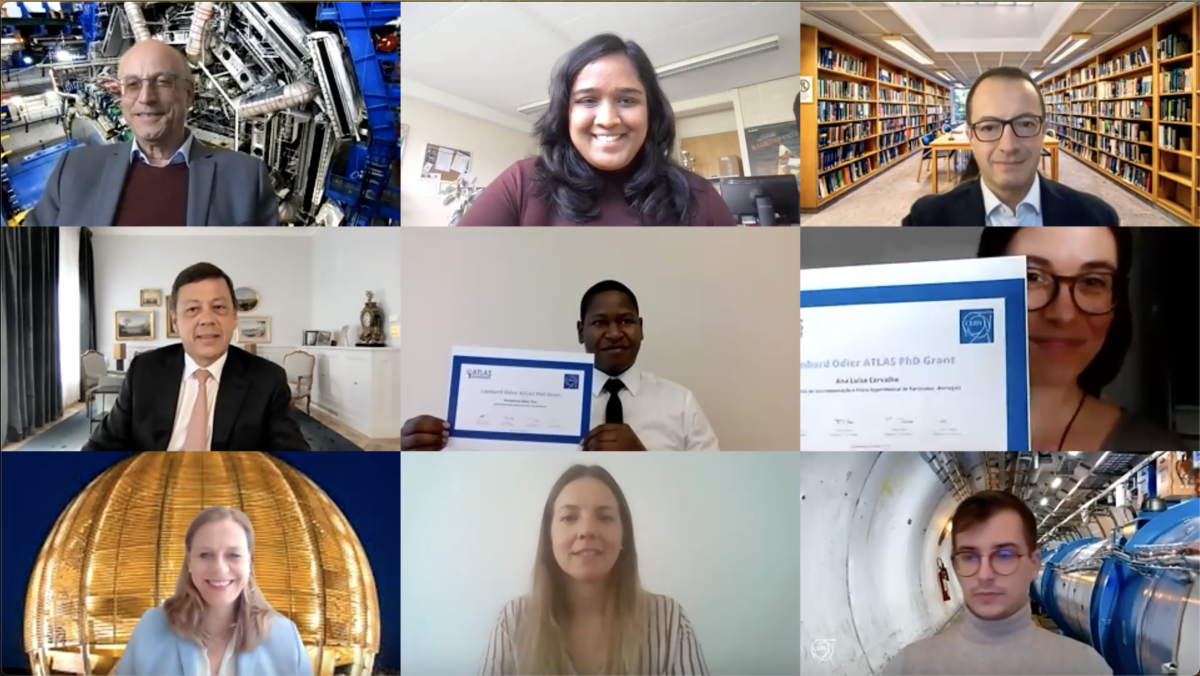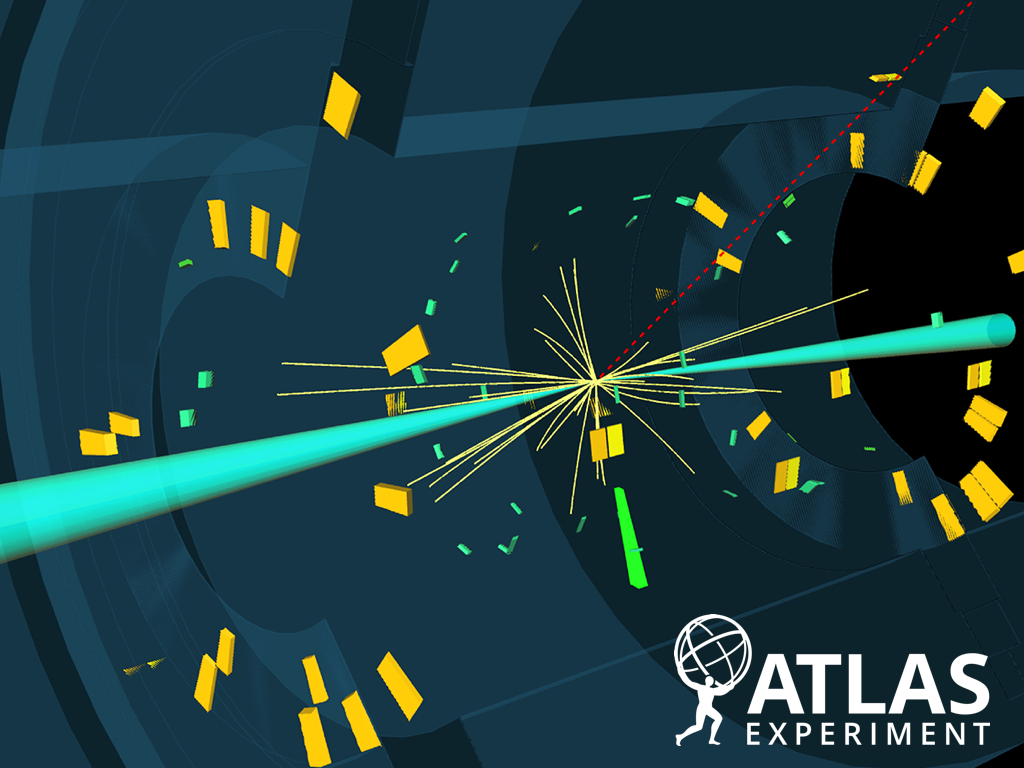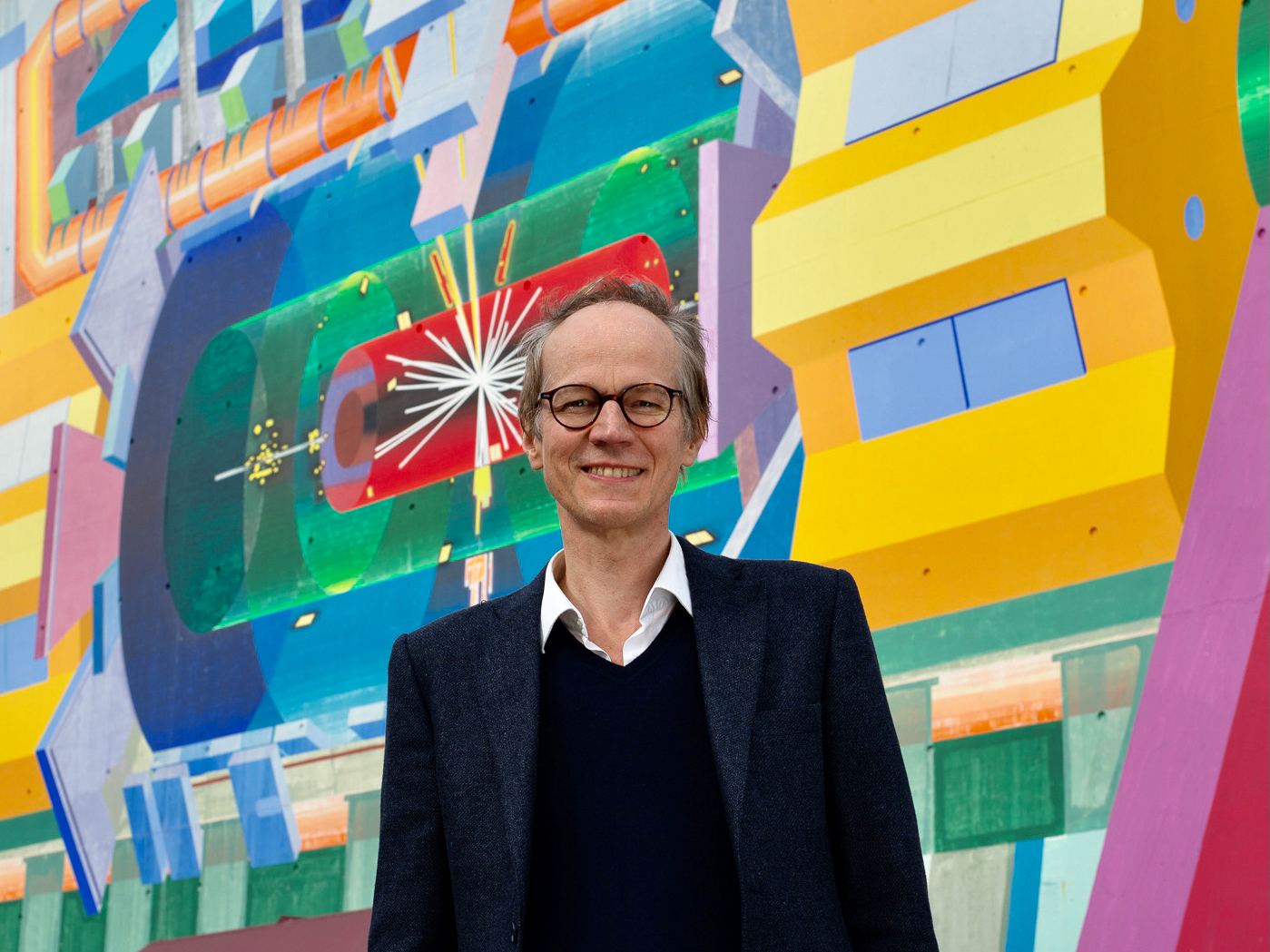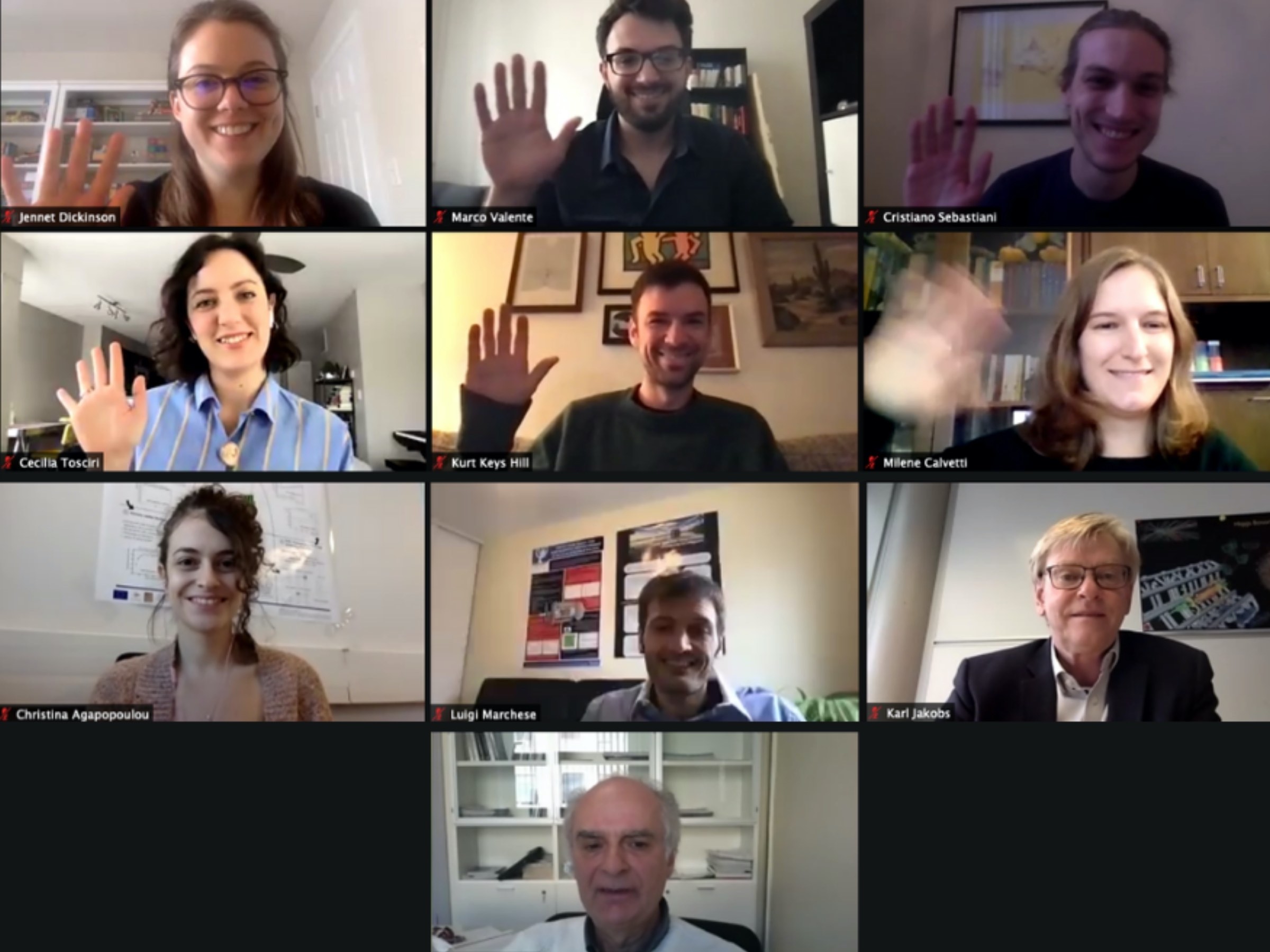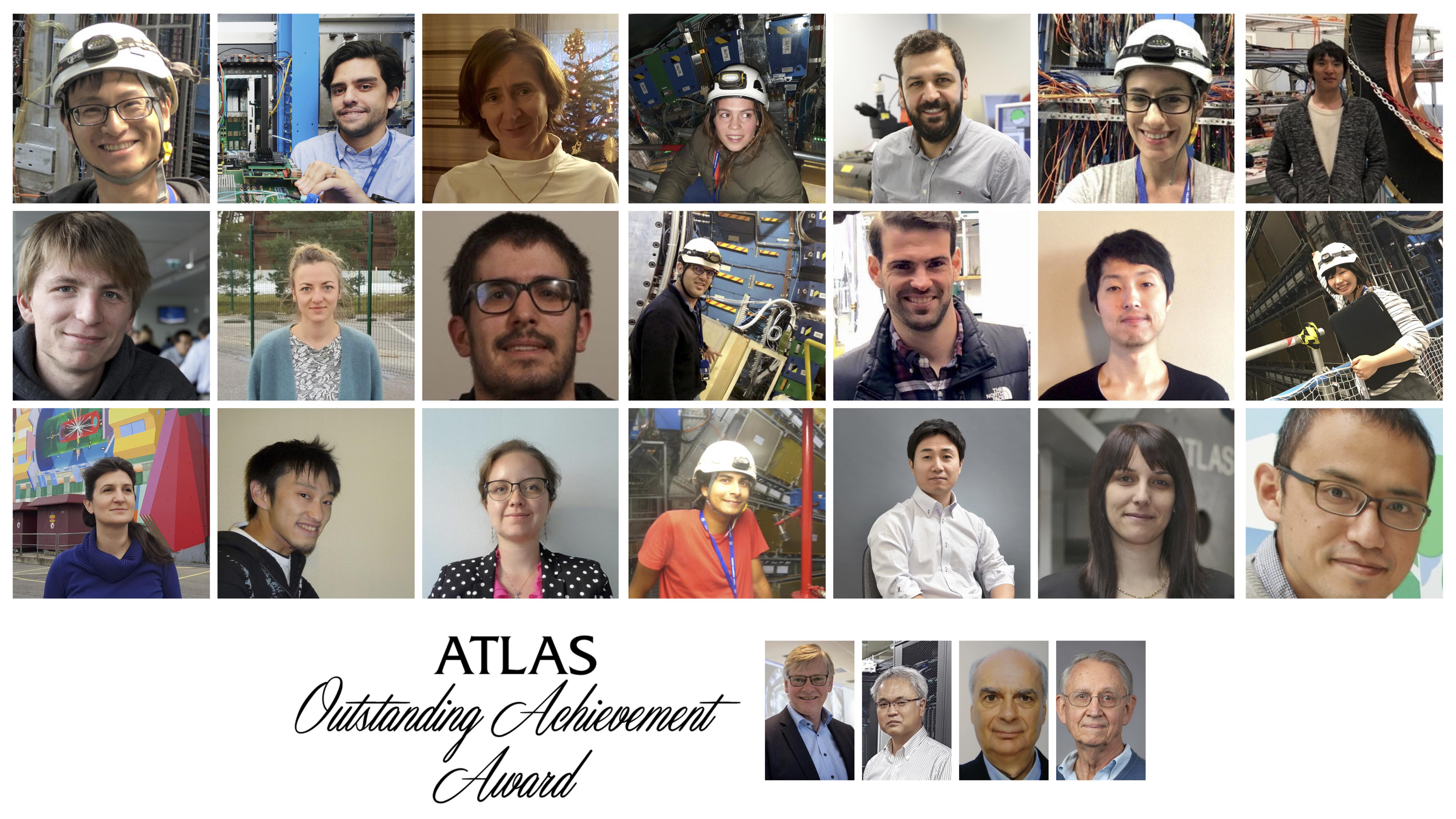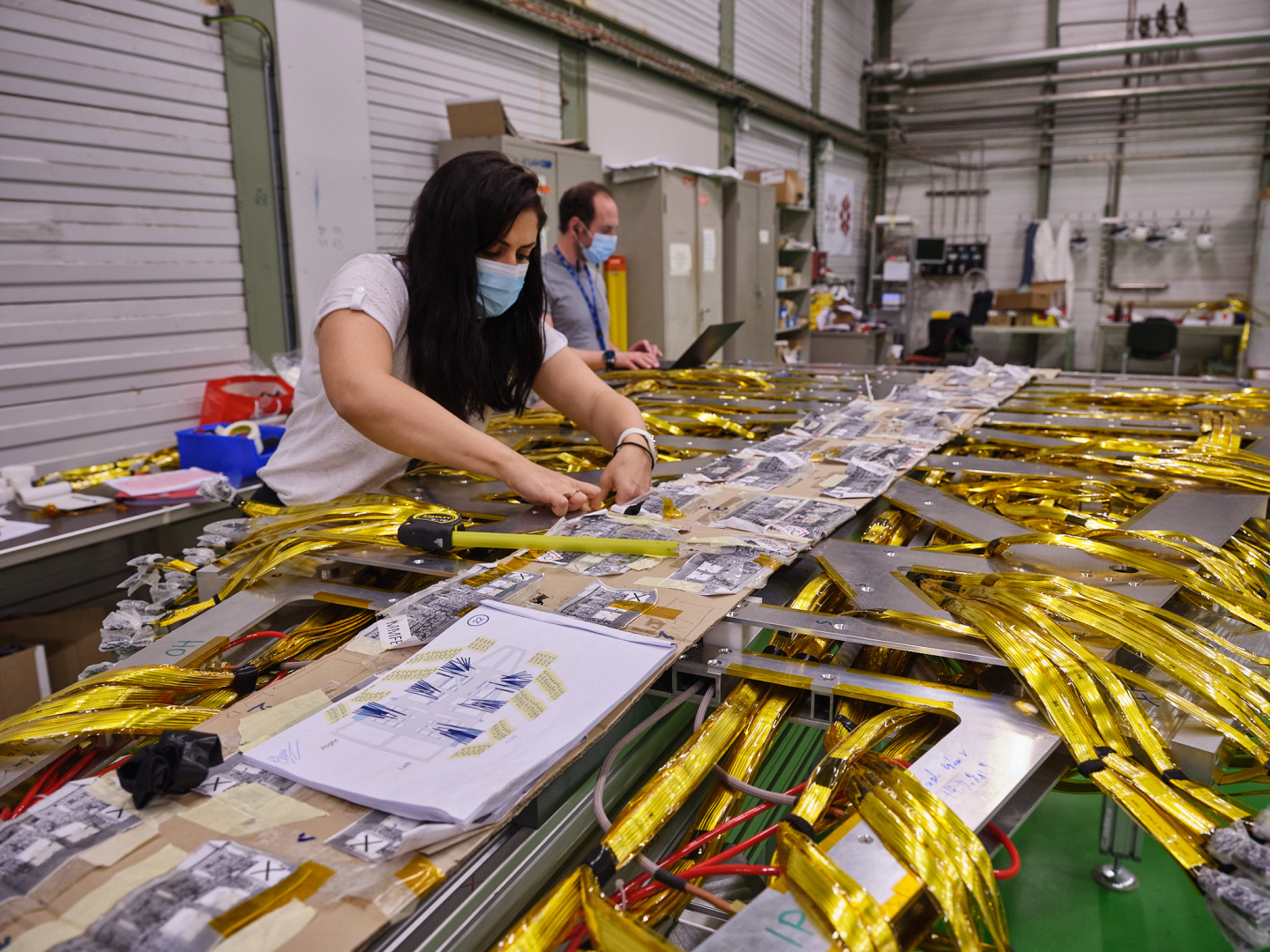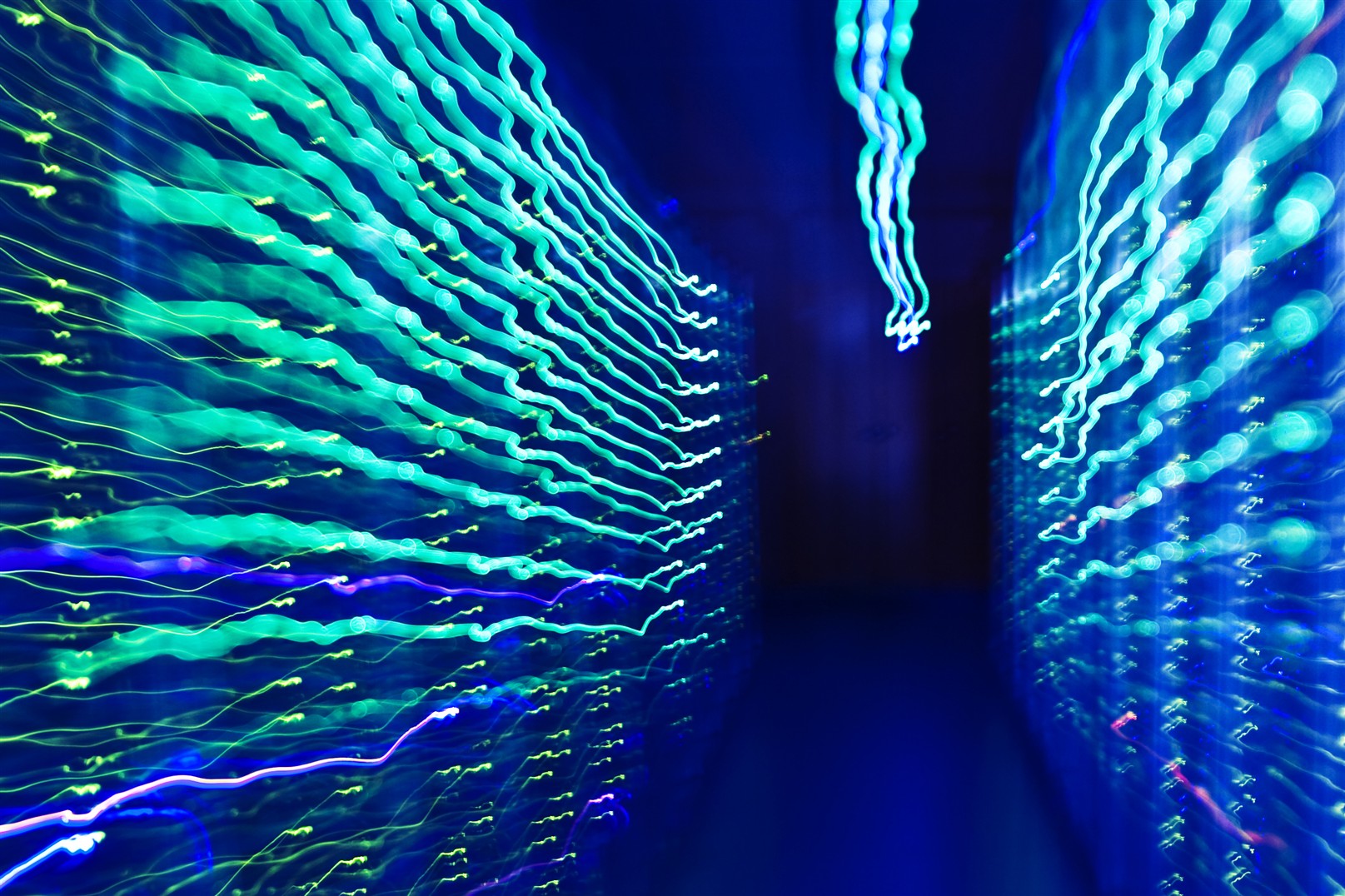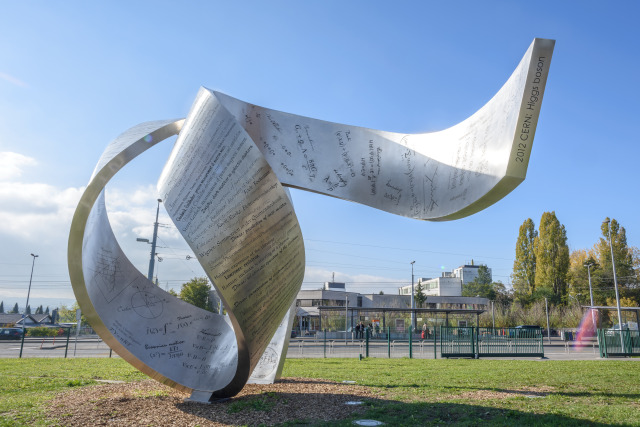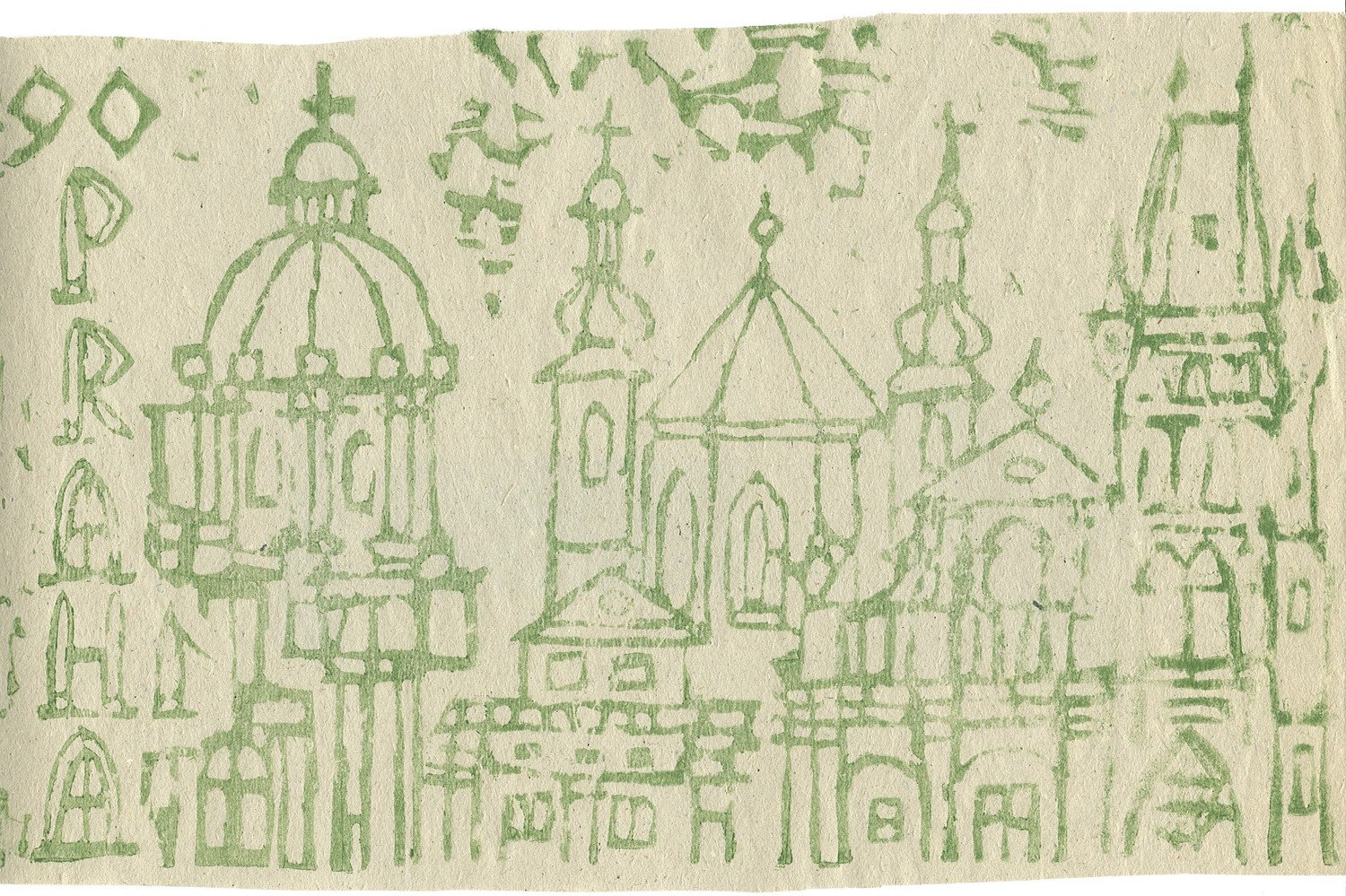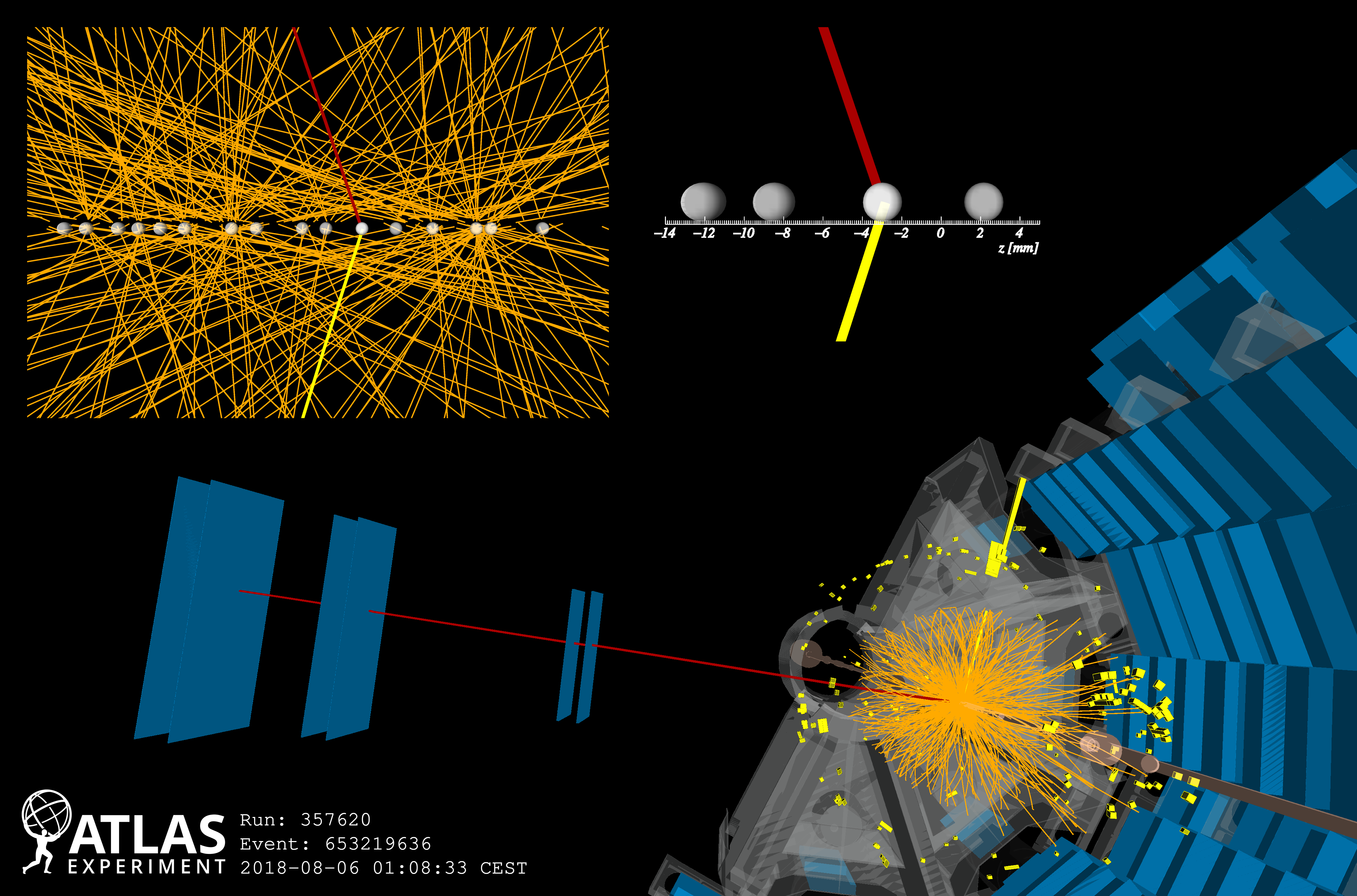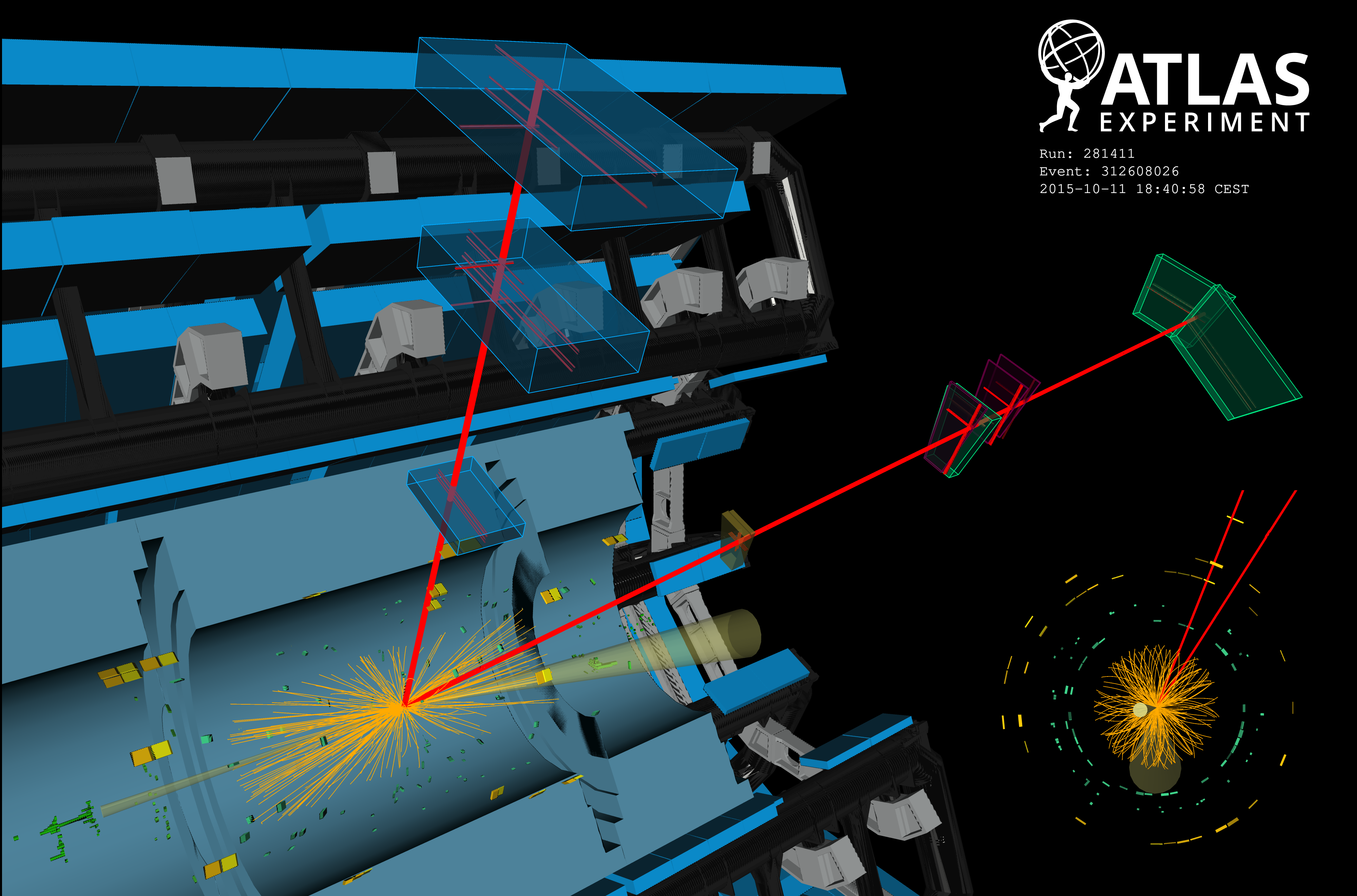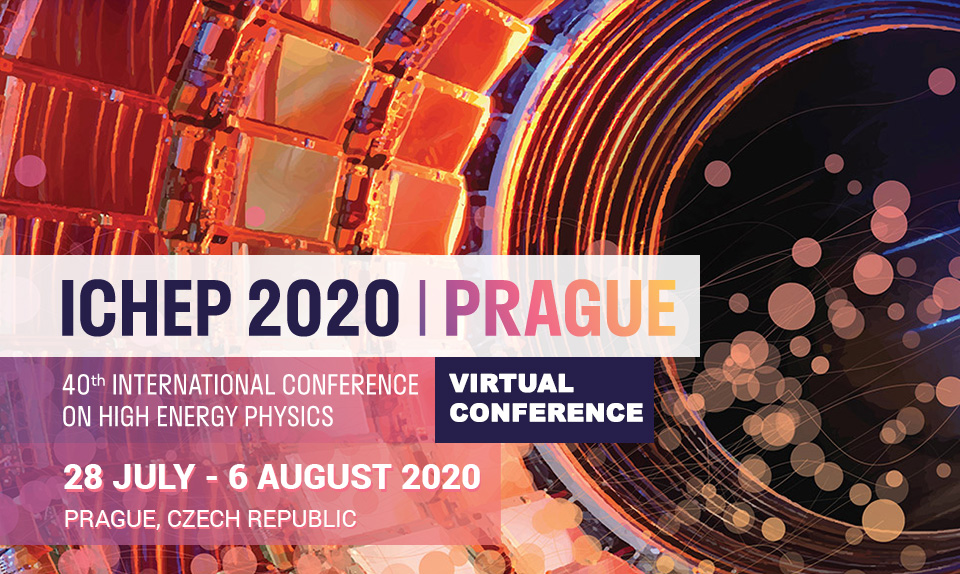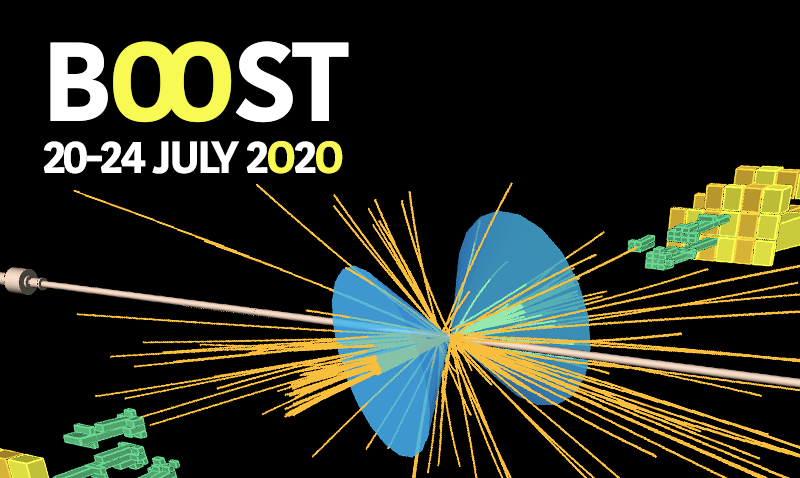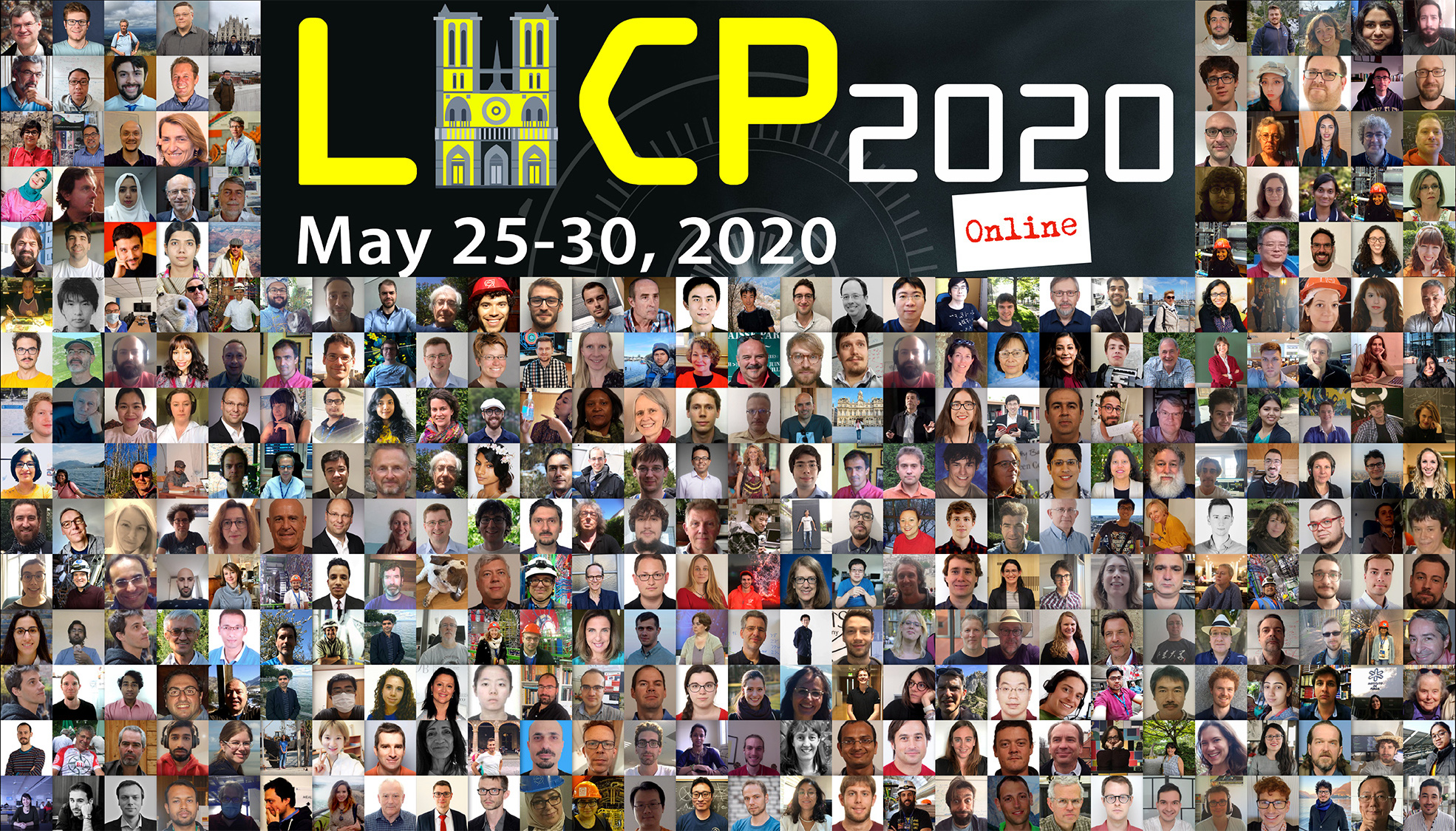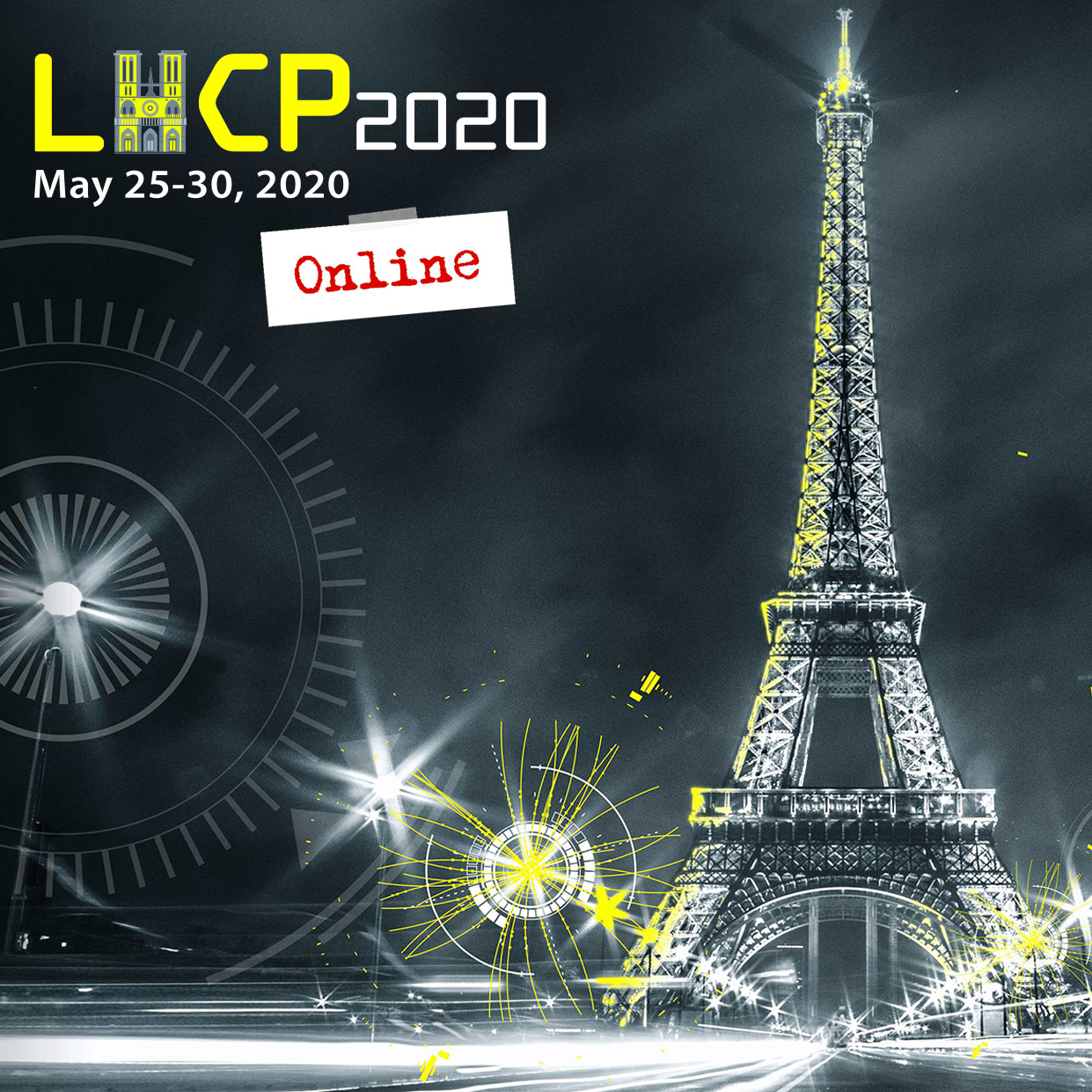News
ATLAS Live talk: Deciphering the Higgs boson with Dr Hongtao Yang
News |
ATLAS celebrates results of 1000 collision papers
News |
Summary of new ATLAS results from LHCP 2021
The ninth annual conference on Large Hadron Collider physics (LHCP 2021) begins today in video-conference rooms around the world.
News |
ATLAS Live talk: How to study matter at a trillion degrees with Dr. Anne Sickles
News |
First ATLAS New Small Wheel nears completion
News |
ATLAS Live talk: From Data to Discovery with Dr. James Catmore
News |
Supporting talented students with the ATLAS PhD Grant
News |
ATLAS highlights from the Moriond 2021 conferences
News |
Summary of new ATLAS results from Moriond 2021
News |
ATLAS: now under new management
News |
Students step into the limelight: ATLAS awards excellent PhD theses
News |
ATLAS recognises the outstanding achievements of Collaboration members
News |
2020: an unprecedented year in review
News |
ATLAS Live talk: How elementary particles are detected with Prof. Daniela Bortoletto
News |
ATLAS releases new open software
The ATLAS Collaboration has just released a collection of 200 software packages that make up the Trigger and Data Acquisition System (TDAQ). With this new release, most ATLAS software is now open – reinforcing the Collaboration’s ongoing commitment to open science.
News |
ATLAS Live talk: Searching for Dark Matter with Dr. Christian Ohm
News |
Unraveling Nature's secrets: vector boson scattering at the LHC
In 2017, the ATLAS and CMS Collaborations announced the detection of a never-before-observed process: vector boson scattering.
Feature |
ATLAS highlights presented at the world's largest particle-physics conference
As major players in the field of particle physics, the LHC collaborations contributed many new results, most of which exploited the full Run-2 dataset, recorded in 2015 to 2018. ATLAS physicists contributed 35 new results, and gave 85 talks in the parallel and plenary sessions. Their contributions spanned a wide range of topics, from precision measurements and searches for new phenomena to detector performance and R&D, as well as diversity and outreach.
News |
Rare phenomenon observed by ATLAS features the LHC as a high-energy photon collider
During the International Conference on High-Energy Physics (ICHEP 2020), the ATLAS Collaboration presented the first observation of photon collisions producing pairs of W bosons, elementary particles that carry the weak force, one of the four fundamental forces. The result demonstrates a new way of using the LHC, namely as a high-energy photon collider directly probing electroweak interactions. It confirms one of the main predictions of electroweak theory – that force carriers can interact with themselves – and provides new ways to probe it.
CERN experiments announce first indications of a rare Higgs boson process
The ATLAS and CMS experiments at CERN announce new results which show that the Higgs boson decays into two muons. These new results have pivotal importance for fundamental physics because they indicate for the first time that the Higgs boson interacts with second-generation elementary particles.
Summary of new ATLAS results for ICHEP 2020
Since the 1950s, one conference has stayed circled in red on every physicist's calendar: the International Conference on High-Energy Physics (ICHEP). The fortieth edition of ICHEP kicks off today, bringing together particle physicists, astrophysicists and accelerator scientists to share the latest news in their fields. Originally planned as an in-person event in Prague, ICHEP2020 will instead be the very first all-virtual edition of the conference.
News |
Summary of ATLAS results presented at BOOST 2020
The first all-virtual BOOST workshop kicks off today, bringing together experts from the LHC experiments and the theory community. This is the twelfth conference on "Boosted Object Phenomenology, Reconstruction and Searches in High-Energy Physics" (BOOST 2020), hosting plenary-style talks and virtual poster presentations on the latest developments in hadronic physics.
News |
Physicists gather online for the Large Hadron Collider Physics conference
The eighth Large Hadron Collider Physics (LHCP 2020) conference concluded today, 30 May, in Zoom rooms around the world. Instead of descending on Paris to meet, particle physicists held the conference fully online for the first time. As a result, LHCP 2020 welcomed some 1300 registered participants – nearly triple its previous record of attendance. A bumper crop of new ATLAS results were prepared for the conference covering a broad range of topics, from precise measurements of the Standard Model to novel searches for new physics. These new results probed the full dataset collected during Run 2 of the LHC (2015-2018) – a proven gold mine for ATLAS’ rich physics programme.
News |
ATLAS Live talk: Physics Through the Looking Glass with Dr. Laura Jeanty
News |
Summary of new ATLAS results from LHCP 2020
The eighth annual conference on Large Hadron Collider physics (LHCP 2020) kicks off today in video-conference rooms around the world. This week-long event is usually an opportunity for physicists from around the world to meet in person and share the latest news from their LHC experiments. This year, due to the COVID-19 pandemic, the conference is being held online.
News |

